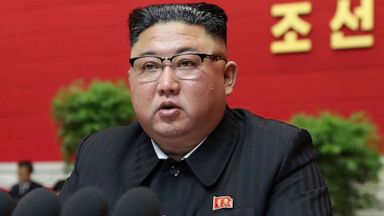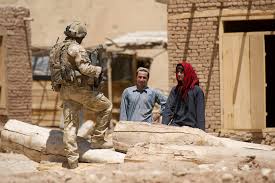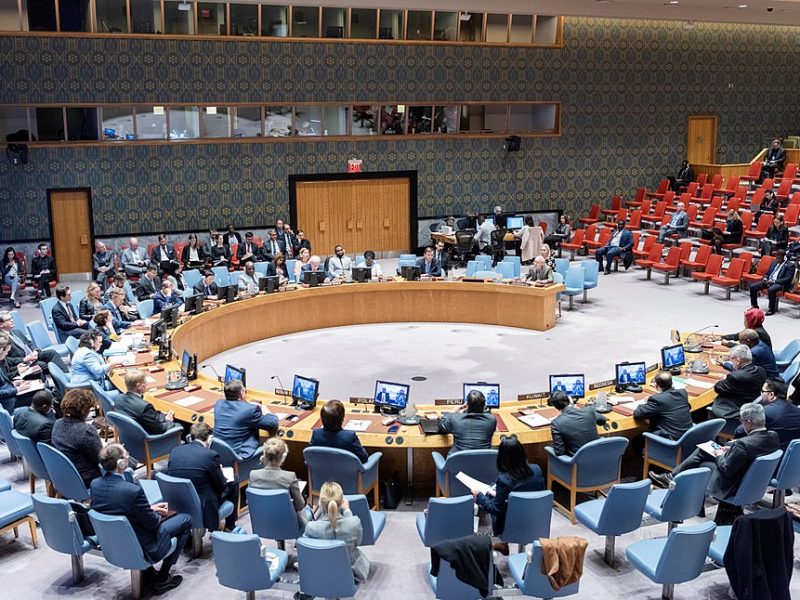In the wake of the death of North Korean head-of-state, Kim Jong Un, The United Nations Security Council (UNSC) has been discussing responses to the North Korean situation. The Security Council developed two major resolutions, one supported by a majority of the delegates, the other headed by a firebrand delegate from South Africa.
The favored paper, which eventually passed with an overwhelming majority, is sponsored by the UK, France, Russian Federation, and others. The resolution comprehensively advocates for a plan to push North Korea towards democracy. The leaders of the majority paper hope to use diplomacy and the removal of sanctions to push the North Korean leadership towards establishing democratic rule. The French delegation commented that, “we can’t make change without them (North Koreans) at the table,” highlighting the importance of working with the North Korean leadership and not against it.
There are concerns that the majority paper isn’t hard enough on North Korea and would be unable to stop the North Korean military from retaking power. Specifically, there is concern that North Korea would expel the International Atomic Energy Agency (IAEA) inspectors called for by the resolution. In a statement made to the New York Times by the United Kingdom’s delegate, the representative reassuringly noted that there is a clause in the resolution allowing for the deployment of UN Peacekeepers in the case of IAEA inspector expulsion.
The minority paper, which failed to garner a majority vote, advocated a much more aggressive stance. The paper, led by South Africa, Vietnam and Tunisia, advocates war as a contingency for North Korea’s unwillingness to transition to democracy. In a comment, the South African delegate said, “War is a necessary evil (but) we must make sure that North Korea stops its current death camps.” South Africa likened the majority paper to appeasement, implying that its passage will only lead to an inevitable rise in totalitarianism in North Korea.
Nonetheless, the majority paper passed, promulgating policies that aim to promote peace. The North Korean situation is undoubtedly rocky, and there will no doubt be rapid developments on the Korean peninsula. Hopefully, the resolution passed by the UNSC will bend the arc of geopolitical development towards peace.



